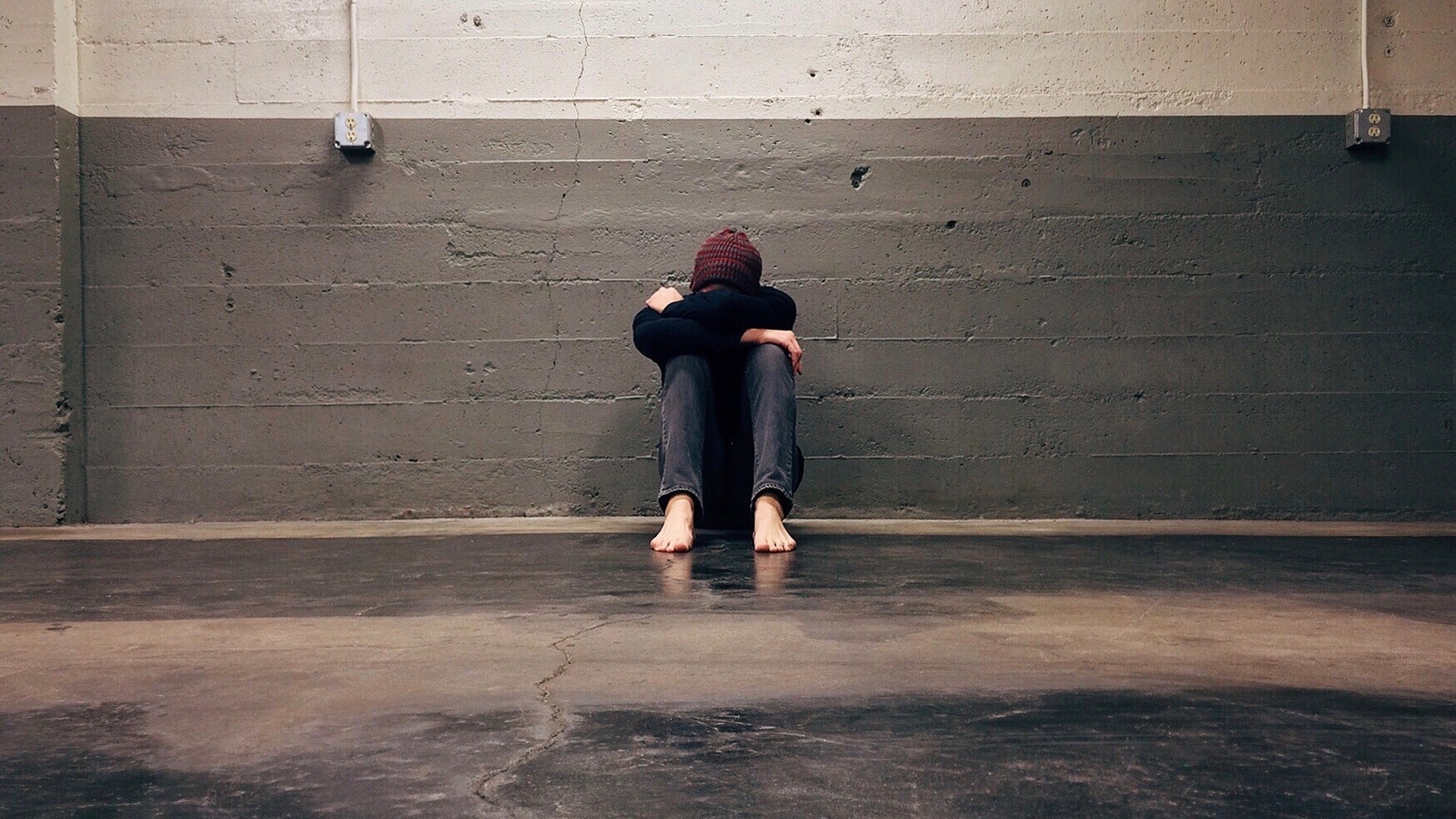Autistic people are at significantly higher risk of being homeless according to new research.
But even though people experiencing homelessness were found to be over ten times more likely to show signs of autism, there is little autism-specific support in homeless services.
This led Westminster City Council to team up with several charities and people with lived experience to launch a new toolkit throughout England to help improve support.
Councillor Andrew Smith, Westminster City Council cabinet member for housing services, said: “In Westminster we do everything we can to support people who are homeless, or are at risk of becoming homeless.
“To do this we need to understand people as individuals, and the nuances of their situation. The new toolkit will help our teams understand autism better, and make a positive difference to people’s lives.”
Among the toolkit’s suggestions is to adapt how initial relationships are built, emphasising a consistent approach that proceeds at a speed the client is comfortable with by reducing options offered to them and using the person’s strengths to develop communication, using images to illustrate what is being said.





